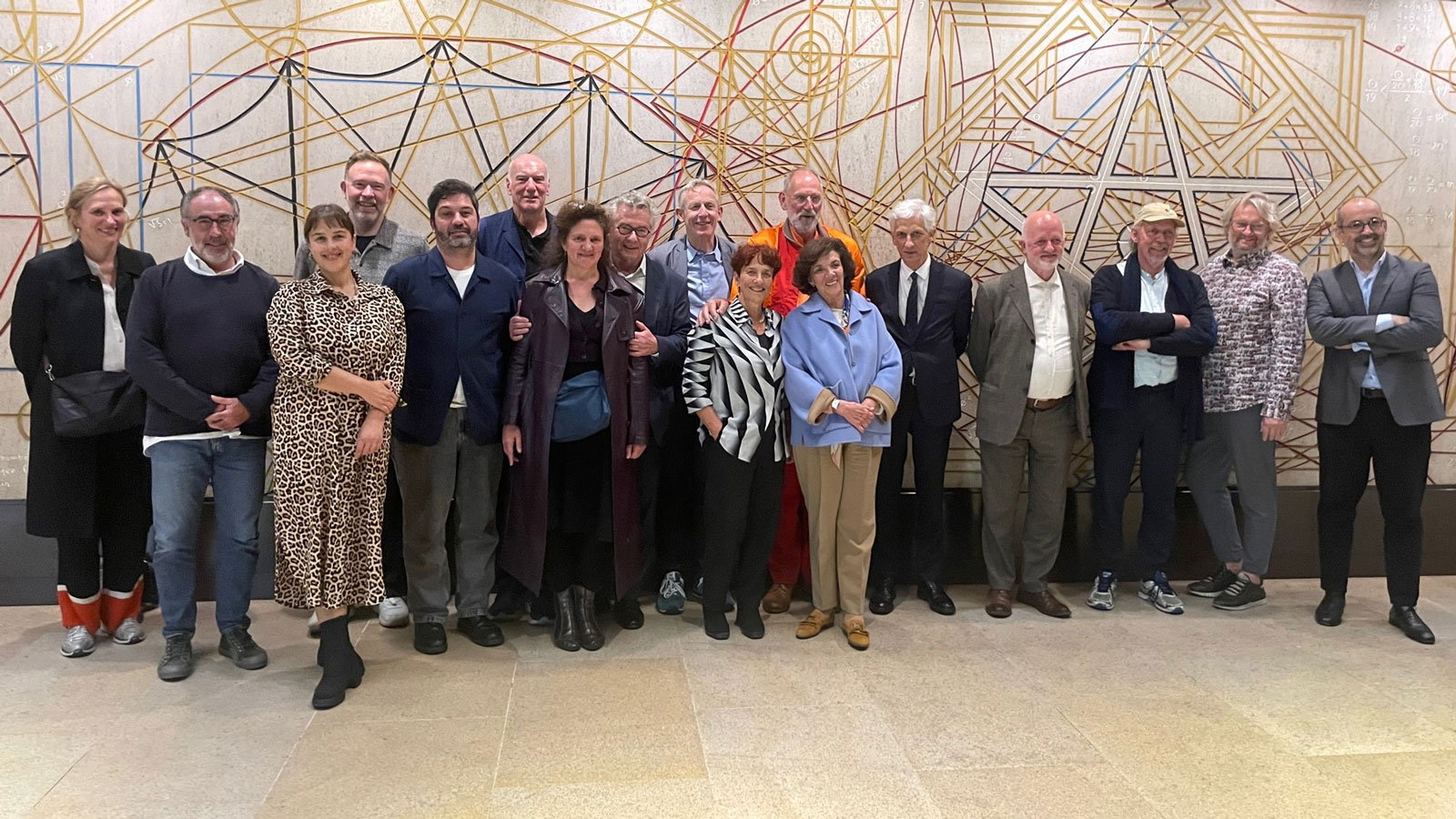
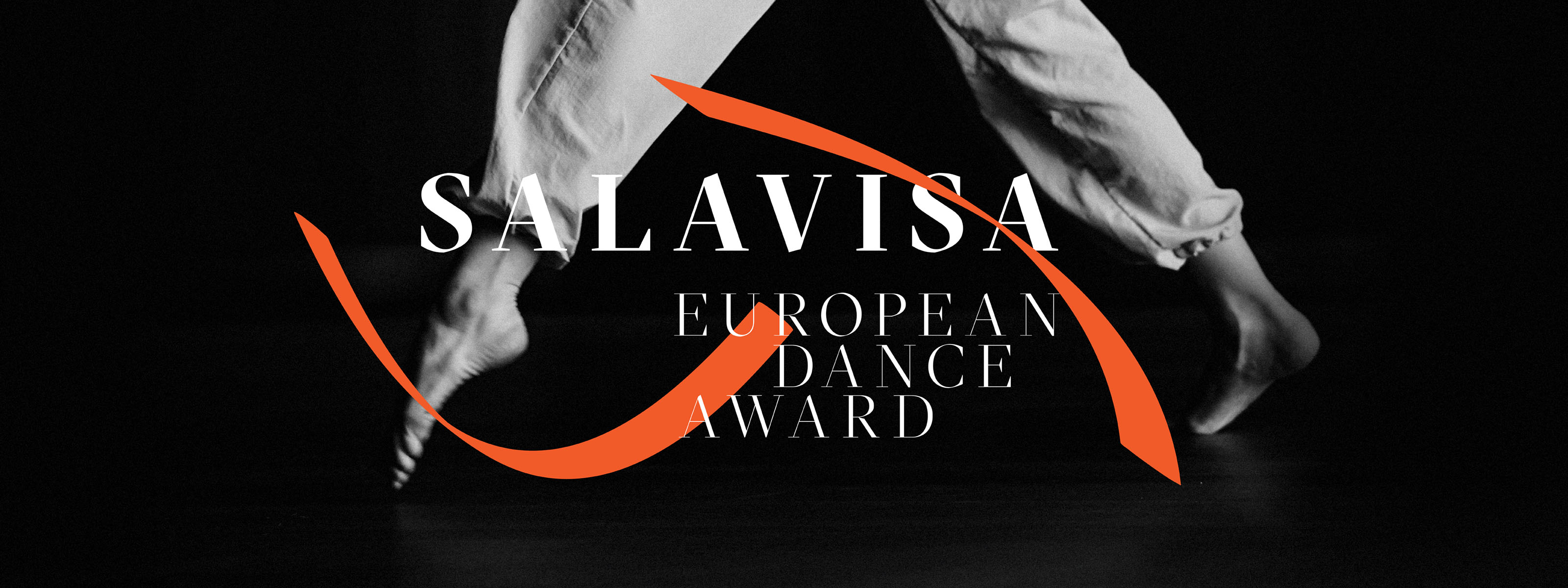
Image © Joaquim Leal / Companhia Paulo Ribeiro
Salavisa European Dance Award
The Salavisa European Dance Award (SEDA) aims to pay tribute to Jorge Salavisa, artistic director of Ballet Gulbenkian between 1977 and 1996, and to recognize talented dancers from all around the world.
Created in 2023 by the Calouste Gulbenkian Foundation to honour the legacy of the Portuguese dancer, teacher and artistic director Jorge Salavisa (1939–2020), the Salavisa European Dance Award (SEDA) will be attributed to artists from all around the world who demonstrate talent or special qualities that deserve to be better known beyond their national borders.
This award, which provides a sum of €150,000 in prize money, hopes to establish itself as an incentive for artists with artistic maturity who do not fall within a strict age category and are still little known on the European circuit due to their artistic discourse or their social and cultural background.
The Salavisa European Dance Award 2024 was granted to Dorothée Munyaneza (Rwanda/UK/France) and Idio Chichava (Mozambique).
Since its creation in 1956, the Calouste Gulbenkian Foundation has played a central role in the development of culture and the arts in Portugal.
The Ballet Gulbenkian (1965–2005), a repertory company which staged the classics of modern and contemporary dance, was decisive in the development of this art form. The ACARTE Encounters (1987–2000), an international performing arts festival which hosted and co-produced emblematic works of so-called new European dance, also had a crucial impact in establishing independent dance in Portugal.
However, Gulbenkian Foundation’s role in developing dance extends to other important areas such as the regular awarding of scolarships and the provision of grants for projects, research and the internationalisation of artists and their work.
The creation of a European dance award is therefore another Calouste Gulbenkian Foundation initiative that furthers its mission to promote dance in Portugal and the rest of the world.
Jorge Salavisa's bio
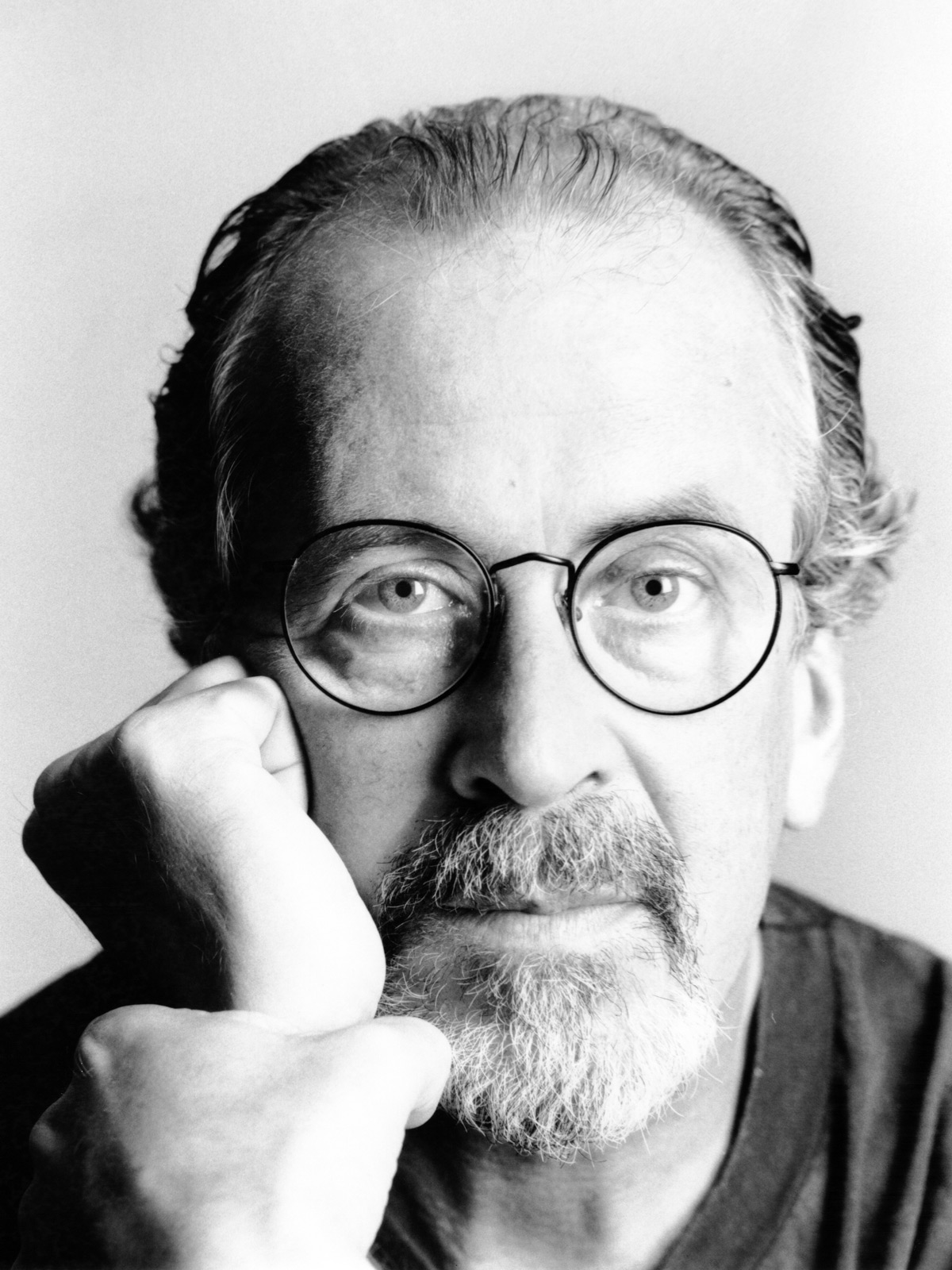
Courtesy of the National Ballet of Portugal (CNB) © Rodrigo de Souza
Jorge Salavisa (Lisbon, 13 November 1939 – 28 September 2020) began studying dance under Anna Mascolo before furthering his training and career in Paris and London. He worked with some of the greatest names in world ballet, such as Rudolf Nureyev and Margot Fonteyn.
Before returning to Portugal in 1977, at the invitation of the Calouste Gulbenkian Foundation, Jorge Salavisa worked with the Grand Ballet du Marquis de Cuevas, Ballet National Populaire, Ballet de Paris and London Festival Ballet (where he was the first non-Briton to take up a position).
In addition to being artistic director of Ballet Gulbenkian (a position he occupied from 1977 to 1996), he also taught in various cities in the US, at the Portuguese National Conservatory School of Dance (EDCN) and at P.A.R.T.S. – Performing Arts Research and Training Studios in Belgium, of which he was also a founder.
One of the country’s most influential cultural programmers, Salavisa was responsible for the dance events during Lisbon’s period as European Capital of Culture in 1994. He was also Chair of the Board of Directors of the National Ballet of Portugal (CNB) and Director of the São Luiz Teatro Municipal.
Partners
Accompanying the Gulbenkian Foundation in setting up this award are six European cultural institutions which will play an active role in nominating candidates and presenting their work to the public:
Founded in 1984 by Ismael Ivo and Karl Regensburger, ImPulsTanz has evolved into one of the largest contemporary dance and performance festivals worldwide. Every summer, the festival showcases a distinctive array of more than 50 productions, 220 workshops and research projects, a daily music programme, as well as films, music videos, installations, and book presentations to more than 150,000 visitors.
In addition, ImPulsTanz hosts various educational and training programmes for dance students and young artists with a variety of mentors and coaches.
KVS is Brussels’ city theatre. It reinterprets repertoire in relation to the city, which has a growing global influence. The theatre fosters an open ensemble of creators, performers, choreographers, and authors who, collaboratively, develop both individual works and shared projects through cross-pollination. Based on an inclusive perspective of the potential of art, KVS aims to be an intercultural, inter-generational and open-gender city theatre with a resonance that reaches far beyond Brussels.
Dansehallerne is a national centre for dance and choreography in Copenhagen.
Co-producing and presenting a diverse range of national and international performances, while also facilitating professional training and industry events.
Dansehallerne has a strong focus on cultivating an efficient and sustainable ecosystem for dance and choreography in Denmark nurtured by, and in dynamic valued exchange with, the organisation’s local and global associations.
Maison de la Danse is a distinctive hub for dance in Europe. For the past 44 years, it has consistently pursued a singular artistic policy of embracing dance in all its diverse forms and techniques, inviting both major choreographers and young creators, blending creation and repertoire, nurturing the interest of young people, and championing aesthetic diversity.
Currently, a new additional location is being developed in Lyon – les Ateliers de la Danse. This new location, which will be dedicated to creating, producing, and presenting amateur works, should be completed by 2026.
The Biennale de la danse de Lyon is one of the world’s foremost dance festivals. For 40 years, the Biennale has been promoting dance through dedicated support for creation and performance and cultivating a rich dialogue between various strands of choreographic expression and other art forms.
The Biennale attracts a large and diverse audience, as well as professionals from France and around the world. Its influence extends across nearly 40 towns and cities in the Auvergne-Rhône-Alpes region, in multiple locations ranging from theatres to disused industrial sites – and even the street with the Défilé, a grand parade celebrating diversity and community togetherness.
Based in Munich, Joint Adventures is a nationally and internationally recognised organiser that has been active in the field of contemporary dance at the intersection of various art disciplines since 1990. Through close collaboration with national and international partners, Joint Adventures curates and organises festivals such as Tanzwerkstatt Europa, guest performance series like Access to Dance depARTures, residency programmes, workshops, and discursive formats.
As a facilitator of the National Performance Network, Joint Adventures successfully promotes structural support and exchange between artists and organisers in order to strengthen the presence of dance creators based in Germany throughout the country and around the world.
Sadler's Wells is a world-leading dance organisation. It strives to make and share dance that inspires. Its acclaimed year-round programme spans dance of every kind, from contemporary to flamenco, Bollywood to ballet, salsa to street dance and tango to tap.
Sadler's Wells commissions, produces and presents more dance than any other organisation in the world. Since 2005, it has helped to bring more than 200 new dance works to the stage, embracing both the popular and the unknown.

Another partner is the Kees Eijrond Foundation. Kees Eijrond was a great friend of Jorge Salavisa and a driving force behind SEDA.
Candidate selection
Associated experts
Every two years, each partner institution associates with an organization or individual expert, broadening the horizons of the SEDA network in terms of policy content, background and geography. Together with the partner institutions, the associated experts propose candidates from any continent.
In 2024, the associate experts were:
Andreea Capitanescu – WASP – Working Art Space and Production (Bucharest, Romania);
Faustin Linyekula – Studios Kabako (Kisangani, Democratic Republic of Congo);
Gintarė Masteikaitė – LDIC - Lithuanian Dance Information Centre (Vilnius, Lithuania);
Helly Minarti (Munique) – koreografi (Lingkaran, Indonesia);
Hsin-Yuan Shih– National Theater & Concert Hall (Taipei, Taiwan);
Ice Hot Nordic Dance Partners (Finland, Sweden, Norway, Denmark and Iceland);
María José Cifuentes – Centro Cultural Gabriela Mistral, Centro GAM (Santiago de Chile, Chile);
Quito Tembé – Kinani – Festival Internacional de Dança Contemporânea (Maputo, Mozambique);
Talita Rebizzi – SESC São Paulo / Bienal de Dança de São Paulo (São Paulo, Brazil).
Selection process for nominees
The selection process for nominees for the Salavisa European Dance Award occurs every two years and involves several key steps. For the initial longlist of 21 candidates, each partner institution together with its associated expert selects and proposes three artists. From that list a Nomination Committee is tasked with selecting five candidates for the award. This committee consists of seven voting members, each representing a partner institution, along with a non-voting chair.
During an initial meeting, committee members individually choose five artists, excluding those proposed by their own institution. The most highly voted artists progress to the second meeting. At this stage, committee members engage in extensive discussions about the candidates before once again selecting five artists. This time, they are permitted to include artists proposed by their own institution. The final shortlist comprises the five highest-ranked artists.
These five nominated artists are publicly announced and subsequently evaluated by an independent jury comprising three members of different nationalities. This jury holds the responsibility of selecting the award winner.
As part of the €150,000 award, the laureate will also have the opportunity to showcase their work on the stages of cultural institutions within the partners' network.
Nomination Committee
The Nomination Committee is constituted by seven voting members, one representative from each partner institution. For 2024 the members of the Nomination Committee were Danjel Anderson (Dansehallerne); Kristien De Coster (KVS); Tiago Guedes (Maison/Biennale da la Danse); Gintare Masteikaite (Joint Adventures); Cristina Planas Leitão (Calouste Gulbenkian Foundation); Rio Rutzinger (ImPulsTanz) and Alistair Spalding (Sadler’s Wells).
Jury
Three independent dance experts are invited to form the jury for each edition of SEDA. For the first edition in 2024 the members of the jury were:
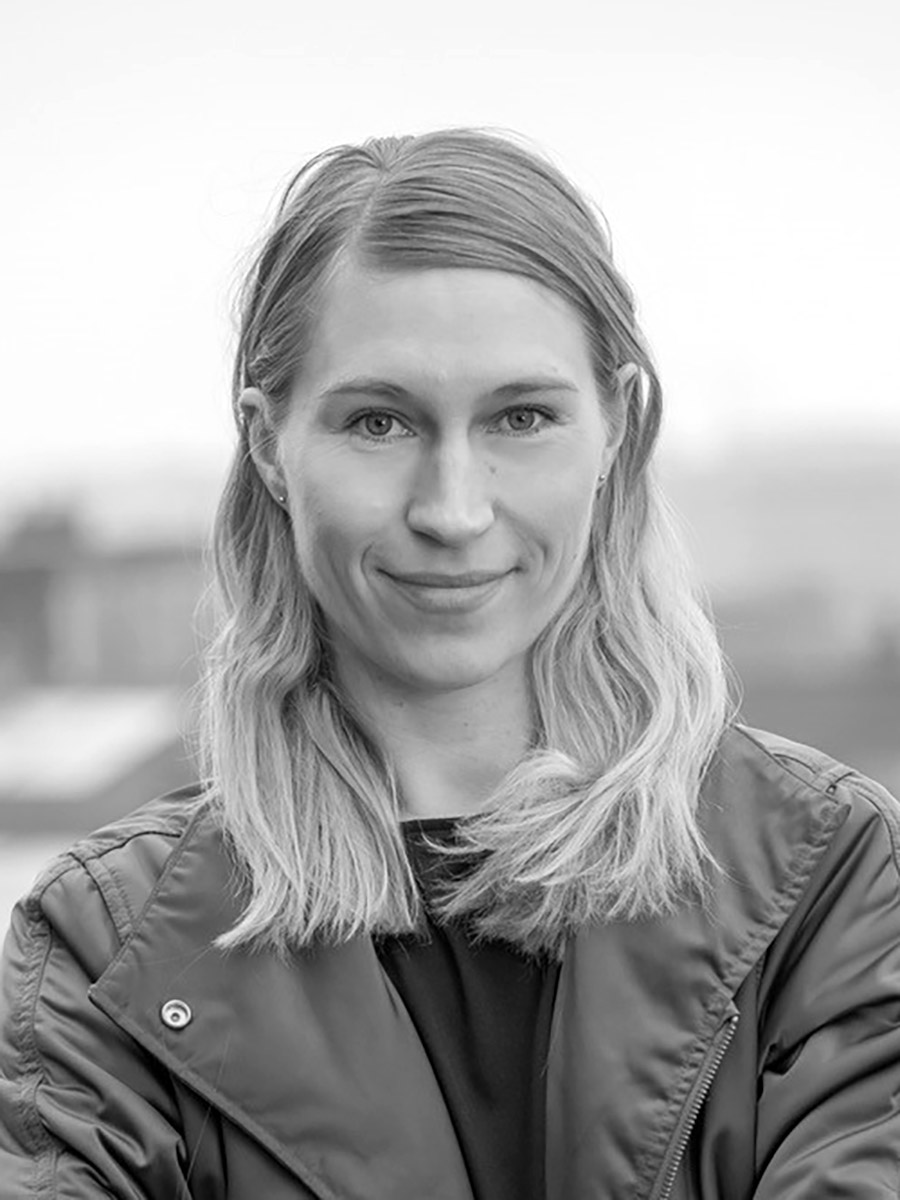
Mette Ingvartsen © Bea Borgers
Mette Ingvartsen (Denmark)
Mette Ingvartsen is a Danish choreographer and dancer with a company based in Brussels. Her internationally acclaimed work is characterized by hybridity and engages in extending choreographic practices by combining dance and movement with other disciplines such as visual arts, technology, sports, language, and theory. In addition to performing, writing, and lecturing, her practice involves teaching and sharing research through workshops at universities and art schools.
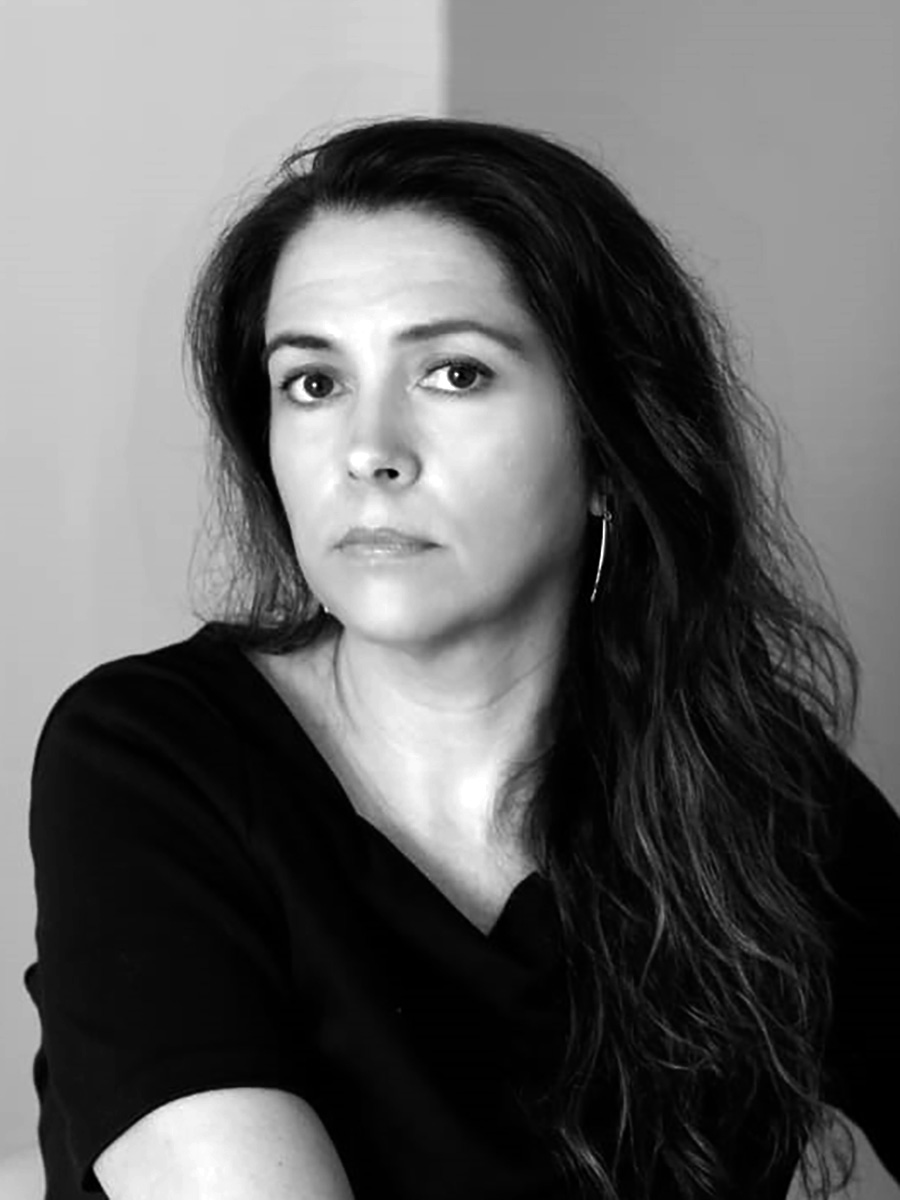
Nayse López © DR
Nayse López (Brazil)
Nayse López is the artistic director of Panorama Festival since 2005 and is frequently invited as a guest curator for various projects. She has a long career as a speaker addressing a wide range of topics related to cultural management, art, and media, participating in numerous international events. This year, besides the organization of 2024 edition of Panorama, she is also a guest scholar at the online research project La Escuela and a guest curator for the Lyon Biennale 2025 project Forum.
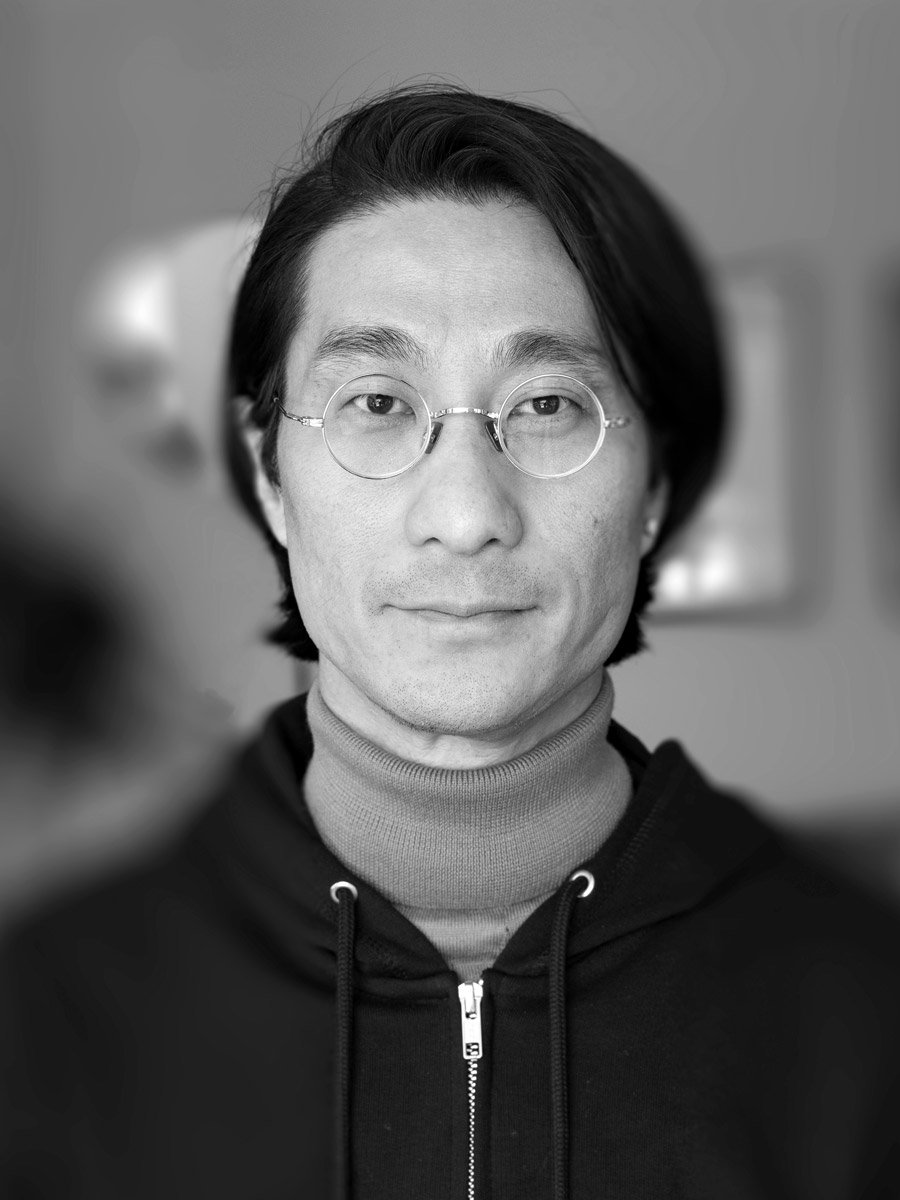
Fu Kuen, Tang © Thor Brødreskift
Fu Kuen, Tang (Singapur)
Fu Kuen, Tang has directed the Bergen International Theatre (BIT Teatergarasjen) and the Taipei Arts Festival, and was a Bangkok-based curator, producer, and dramaturg of contemporary visual and performance fields, working actively between Europe and Asia for many years with various institutions and platforms. At the 53rd Venice Biennale, he served as the sole curator of the Singapore Pavilion which received a Special Jury Mention. Fu Kuen has also worked in immaterial conservation at UNESCO (Paris) and at SEAMEO-SPAFA (Bangkok). He received his education in literature, theatre, media and cultural theory in Singapore and London.
The five nominees
The shortlist of five artists nominated for the SEDA Award is the outcome of a selection process that entailed deliberation and voting by a Nomination Committee comprised of representatives from each partner institution.
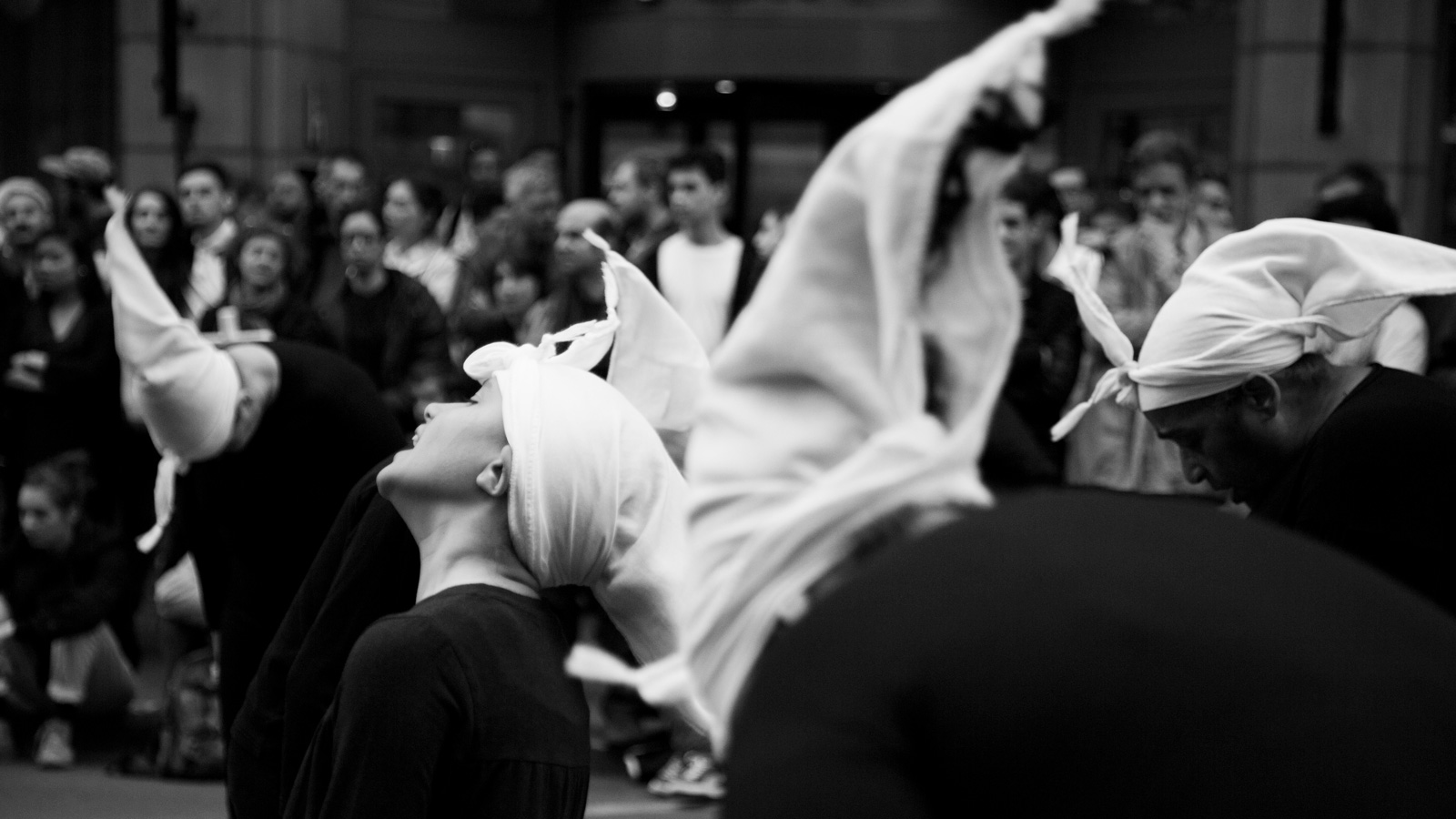
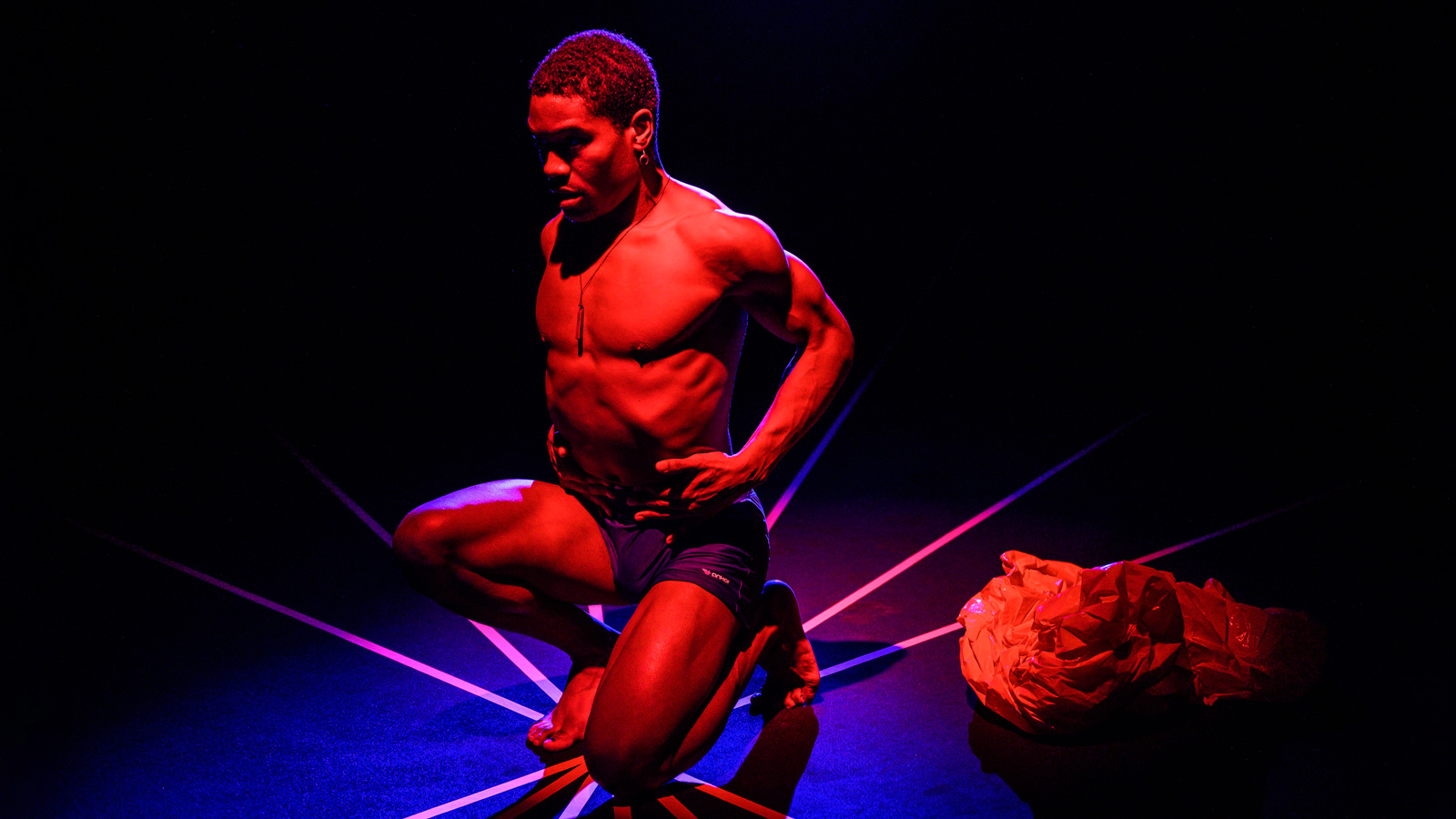
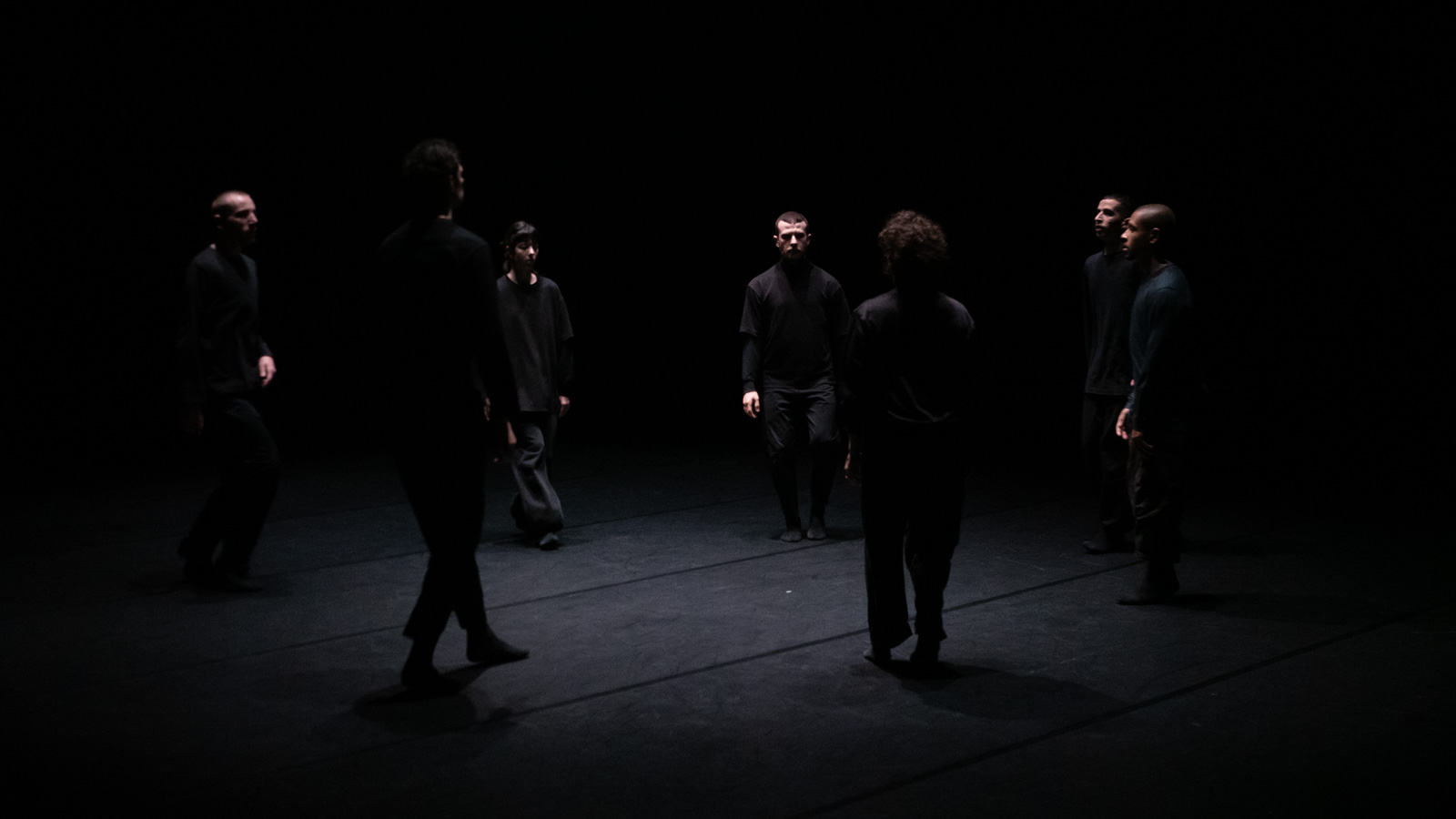
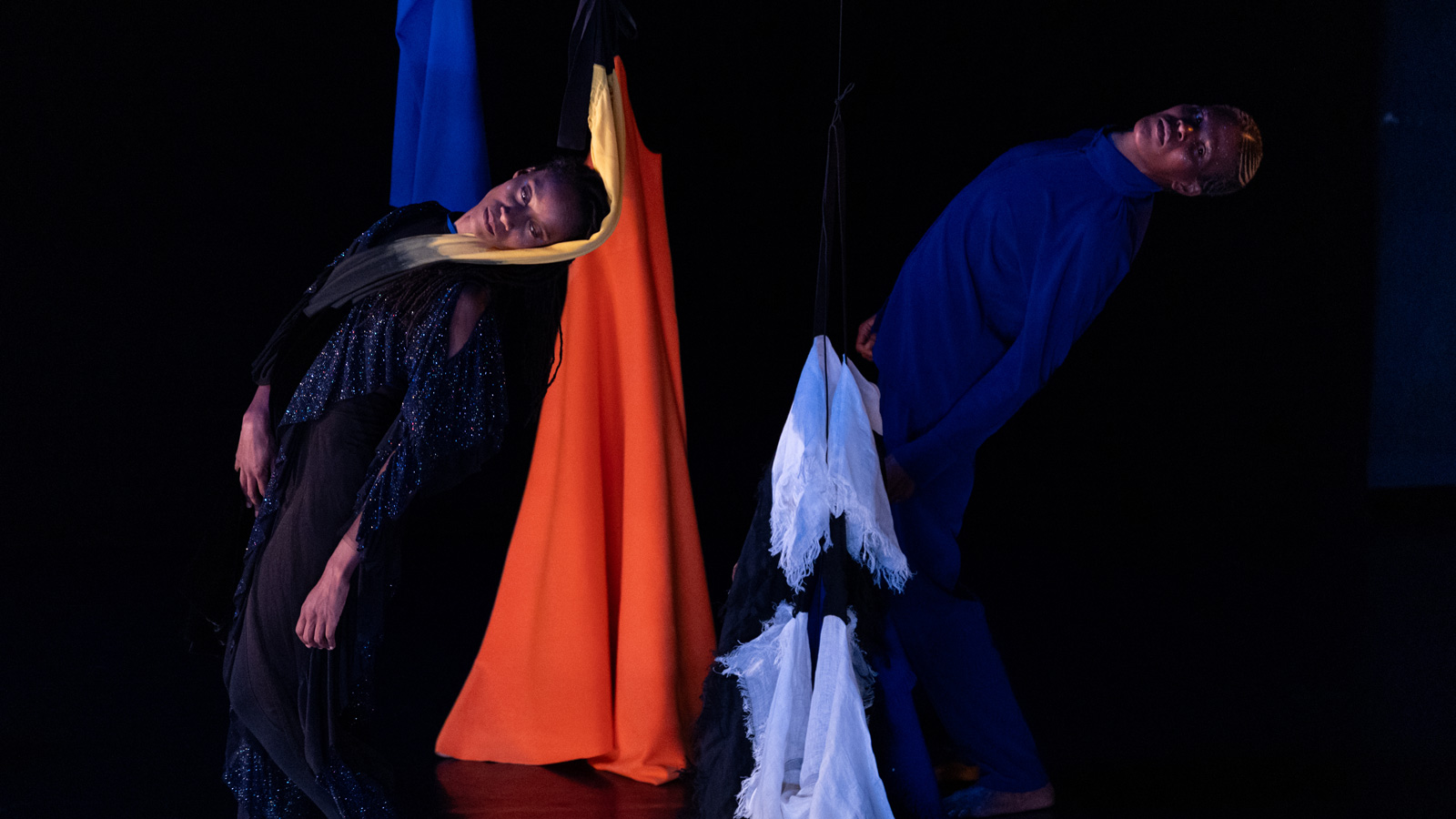
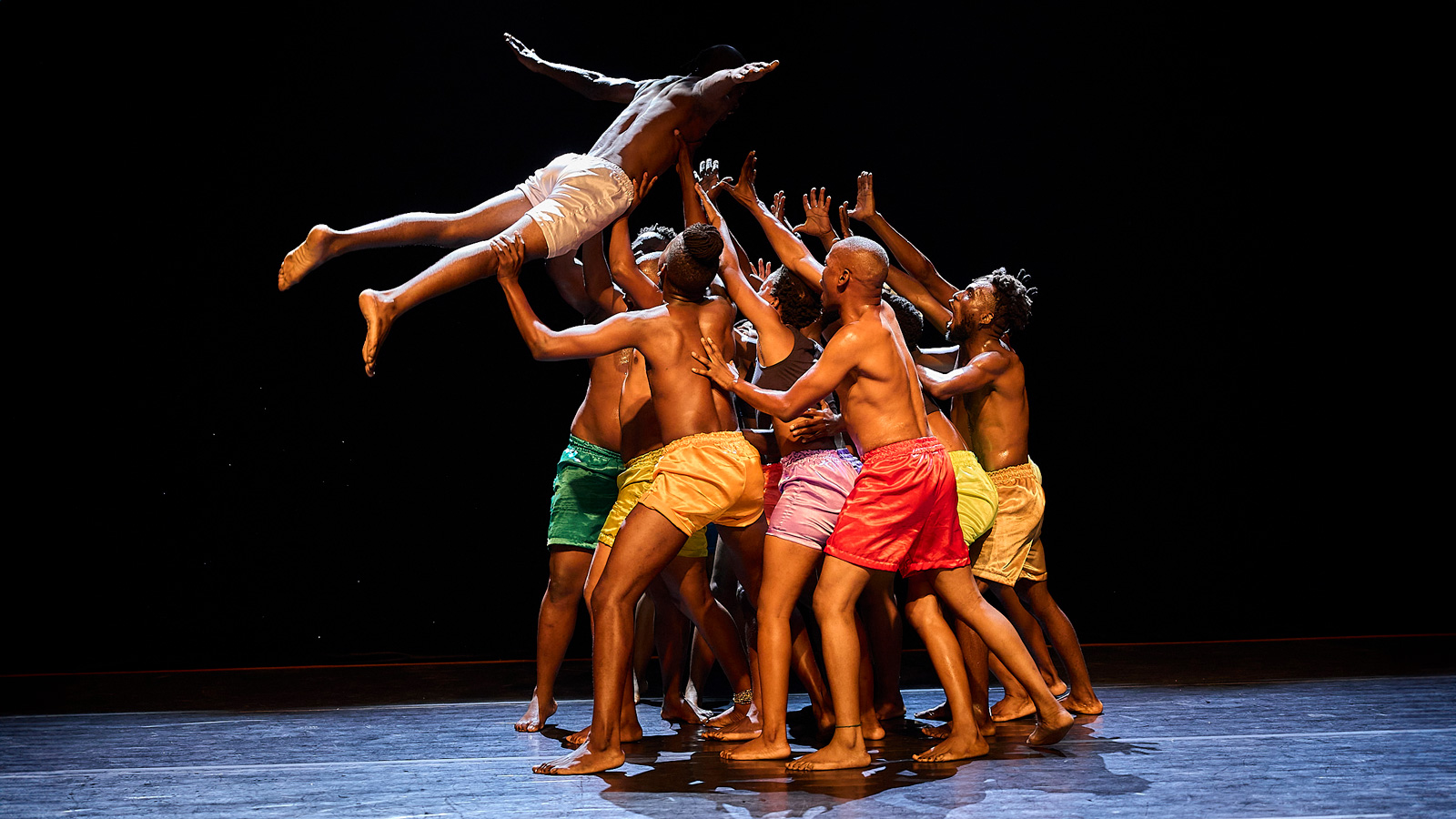
For the first edition of SEDA the five nominees were:

Bouchra Ouizguen © Leila Alaoui
Bouchra Ouizguen is a Marrakech-based dancer and choreographer who has been committed to developing the local dance scene since 1998. Her concerns about society, visual and popular arts in her country nourish her work on sound, performance and video. In her liberating Madame Plaza, she shared the stage with three artists from the Aïta tradition of singing and dancing who, joined by others, will follow her in Ha! Corbeaux, Ottof and Elephant. Her multidisciplinary work is presented internationally both in theaters and museums.
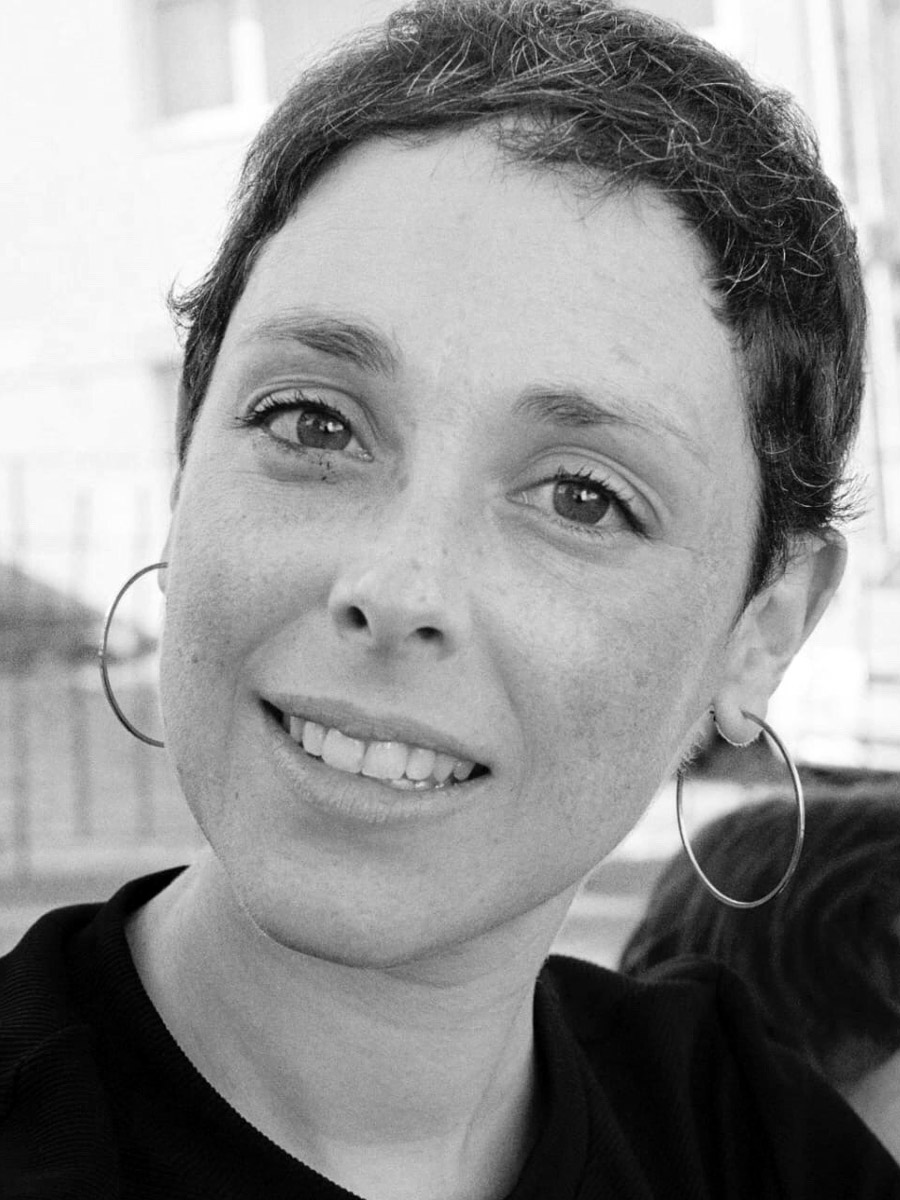
Catarina Miranda © Marco Silva Ferreira
Catarina Miranda is an artist working with languages that intercept movement, scenography and light, approaching the body as a vessel for the transformation and mediation of hypnagogic states and the visceral conscience of the present.
Graduated in Choreography by Master Exerce/ICI Montpellier and in Visual Arts by the Fine Arts School of Porto, she has created several pieces characterised by the construction of fictional topographies pointing out Cabraqimera, Dream is the Dreamer and Reiposto Reimorto.
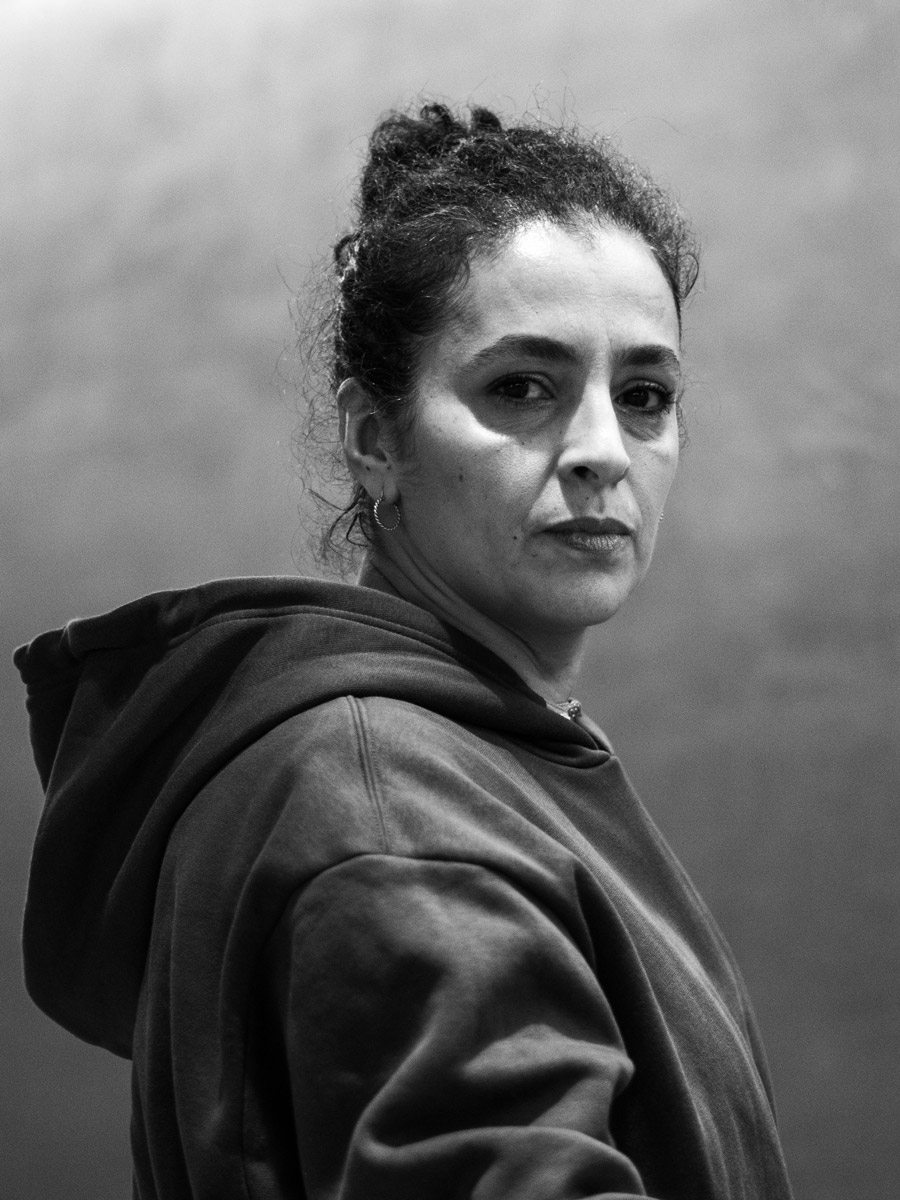
Dalila Belaza © Luca Lanelli
Dalila Belaza’s approach is guided by a need for meaning and elevation. Above all, it is a movement of research: that of giving substance to the invisible and the troubled, in order to plunge spectators and performers into the experience of what is within them. By turning her gaze inwards, Dalila Belaza does not dance in a closed way. The deep memories of the body, inhabited by a limitless inner space, make intimacy a whole world to be explored.
Dalila Belaza is an associate artist at the Briqueterie – CDCN du Val-de-Marne from 2024 to 2026 in Paris, France.
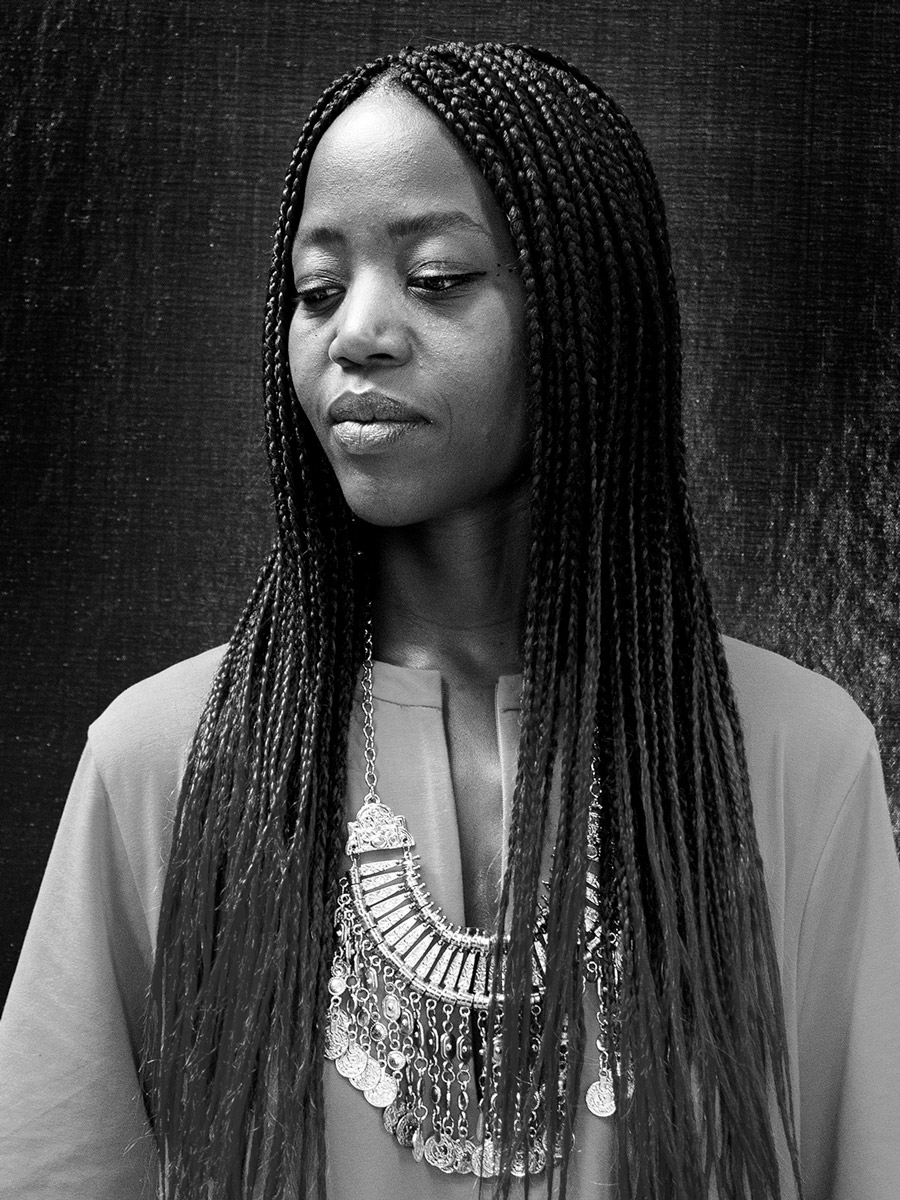
Dorothée Munyaneza © Pat Cividanes
Dorothée Munyaneza is a multi-disciplinary artist using music, song, text and movement to deal with rupture as a dynamic force and create spaces of resonance and hope.
Drawing from the diversity of her cultural heritage – her childhood in Rwanda, the 14 years in London, her move to Paris followed by her settling in Marseille –, her creations weave dialogues with guest companions, such as performers Nadia Beugré and Holland Andrews, musicians Alain Mahé, Ben LaMar Gay and Khyam Allami, designer Stéphanie Coudert and visual artist Maya Mihindou.
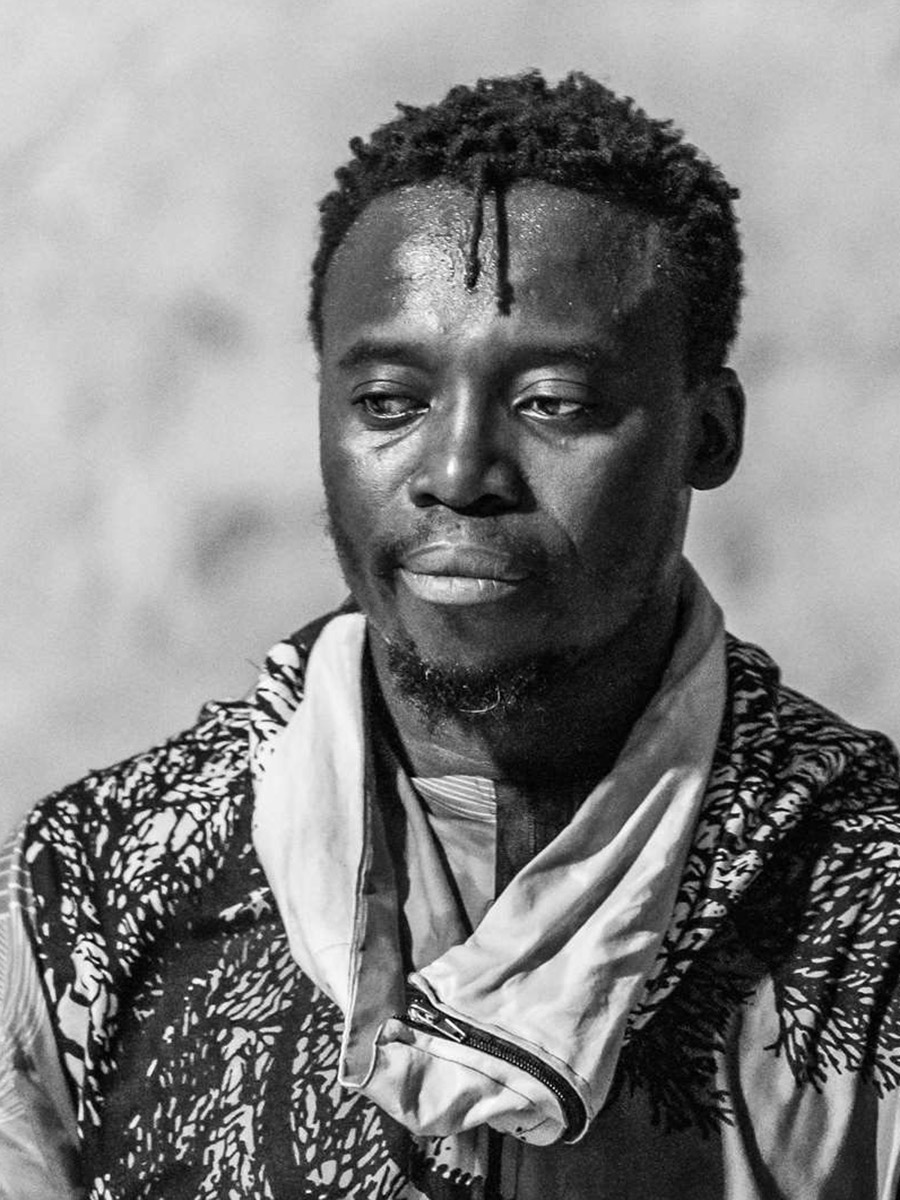
Idio Chichava © Michel Picraws
Idio Chichava is a Mozambican dancer, choreographer, and artistic director.
Born in Maputo, he started dancing in a traditional dance group in 2000, the following year he delved into contemporary dance, through Danças na Cidade and CulturArte expanding his repertoire with Lia Rodrigues and Thomas Hauert. Since 2005, he has collaborated with Kubilai Khan Investigations in France. He founded CONVERGE+ in 2012. Returning to Maputo in 2020, he has been producing workshops, works, and events to decentralize art from the city to the periphery.








